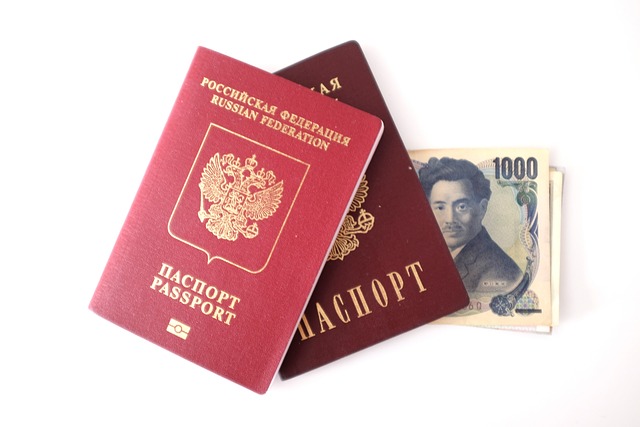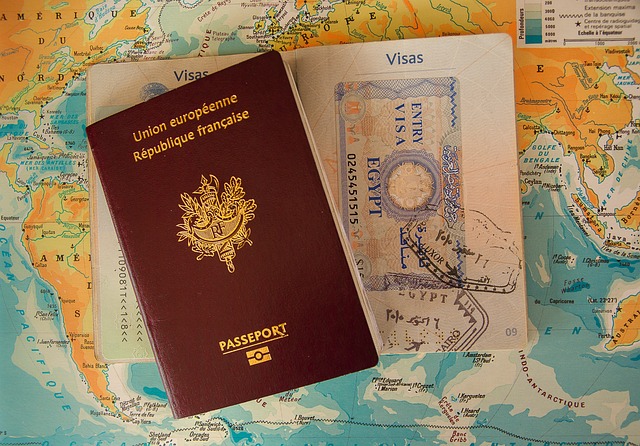Work Permits for Foreigners in Switzerland: A Comprehensive Guide

Switzerland, with its high standard of living, robust economy, and stunning landscapes, is an attractive destination for foreigners seeking employment opportunities. However, working in Switzerland as a foreign national requires navigating a complex system of work permits and visas. This article provides a detailed overview of the types of work permits available, the application process, and the key considerations for foreigners looking to work in Switzerland.
1. Overview of Switzerland’s Work Permit System
Switzerland has a dual system for regulating the employment of foreign nationals. The country prioritizes its domestic workforce, and as such, work permits for foreigners are subject to strict quotas and regulations. The system is designed to ensure that foreign workers are only hired when no suitable Swiss or EU/EFTA nationals are available for the position.
The work permit system is divided into two main categories:
- EU/EFTA Nationals: Citizens of European Union (EU) and European Free Trade Association (EFTA) countries benefit from the Agreement on the Free Movement of Persons, which simplifies the process of working in Switzerland.
- Non-EU/EFTA Nationals: Citizens of countries outside the EU/EFTA face more stringent requirements and are subject to annual quotas.
2. Work Permits for EU/EFTA Nationals
2.1 Types of Permits
EU/EFTA nationals can apply for the following types of permits:
- Short-Term Permit (L Permit): Valid for up to 12 months, this permit is suitable for temporary or seasonal work.
- Residence Permit (B Permit): Issued for initial stays of up to 5 years, this permit is for long-term employment.
- Cross-Border Commuter Permit (G Permit): For individuals living in an EU/EFTA country but working in Switzerland.
2.2 Application Process
EU/EFTA nationals do not need a visa to enter Switzerland. However, they must register with the local authorities within 14 days of arrival and provide the following documents:
- A valid passport or national ID card
- A signed employment contract
- Proof of accommodation
- Health insurance coverage
The employer is responsible for initiating the work permit application, which is typically processed within a few weeks.
3. Work Permits for Non-EU/EFTA Nationals
3.1 Types of Permits
Non-EU/EFTA nationals can apply for the following permits:
- Short-Term Permit (L Permit): Valid for up to 12 months, this permit is for temporary employment.
- Residence Permit (B Permit): Issued for stays of up to 1 year, renewable annually, for long-term employment.
- Permanent Residence Permit (C Permit): Available after 10 years of continuous residence in Switzerland.
3.2 Quota System
Switzerland imposes annual quotas on work permits for non-EU/EFTA nationals. These quotas are divided between the federal government and individual cantons, making it highly competitive to secure a permit.
3.3 Application Process
The process for non-EU/EFTA nationals is more complex and involves the following steps:
- Job Offer: The applicant must secure a job offer from a Swiss employer.
- Labor Market Test: The employer must prove that no suitable Swiss or EU/EFTA candidate is available for the position.
- Visa Application: The applicant must apply for a visa at the Swiss embassy or consulate in their home country.
- Work Permit Application: The employer submits the work permit application to the cantonal authorities.
- Approval and Entry: Once approved, the applicant can enter Switzerland and register with the local authorities.
The entire process can take several months, so it is advisable to start early.
4. Key Considerations for Foreign Workers
4.1 Language Skills
Switzerland has four official languages: German, French, Italian, and Romansh. Proficiency in the local language of the region where you will be working is often essential, especially for customer-facing roles.
4.2 Salary and Cost of Living
Switzerland offers high salaries, but the cost of living is also among the highest in the world. It is important to negotiate a salary that covers living expenses, including housing, healthcare, and transportation.
4.3 Health Insurance
Health insurance is mandatory for all residents in Switzerland. Foreign workers must purchase a basic health insurance policy within three months of arrival.
4.4 Taxes
Switzerland has a decentralized tax system, with taxes levied at the federal, cantonal, and municipal levels. Tax rates vary significantly depending on the canton, so it is advisable to research the tax implications before accepting a job offer.
4.5 Family Reunification
Foreign workers with a B or L permit can apply for family reunification, allowing their spouse and children to join them in Switzerland. However, they must demonstrate sufficient financial means and adequate housing.
5. Challenges and Tips for Success
5.1 Competition for Permits
Due to the quota system, securing a work permit as a non-EU/EFTA national can be challenging. It is essential to have a strong application, including a high level of education, specialized skills, and a job offer from a reputable employer.
5.2 Integration
Integrating into Swiss society can be difficult due to cultural differences and language barriers. Taking language classes and participating in local activities can help ease the transition.
5.3 Legal Assistance
Navigating the Swiss work permit system can be complex, and it is often beneficial to seek legal assistance or consult with an immigration expert to ensure compliance with all regulations.



